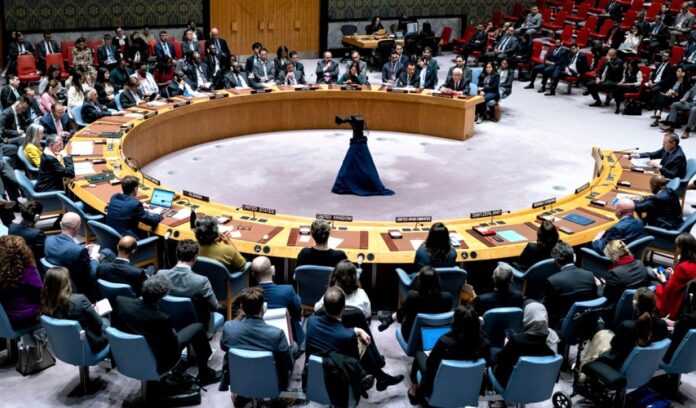Authors: Amelia C. Arsenault & Costanza Musu
Affiliation: Department of Government Cornell University (Ithaca, USA); Graduate School of Public and International Affairs, University of Ottawa (Ottawa, Canada)
Organization/Publisher: Canadian Foreign Policy Journal/ Norman Paterson School of International Affairs (NPSIA)
Date/Place: February 14, 2021/Canada
Type of Literature: Research Article
Number of Pages: 18
Link: https://www.tandfonline.com/doi/abs/10.1080/11926422.2020.1867596
Keywords: Canada, United Nations, Palestine, Israel, Conflict
Brief:
The authors in this article analyze the factors that shape the foreign policy of Canada in the Israel-Palestine conflict and its voting behavior in the United Nations. Canada, one of the founding members of the United Nations, played an important role in the establishment of the State of Israel. It was one of the members in the commission that was created by the UN to negotiate the Arab-Israeli conflict post-British Mandate. Canada’s official foreign policy regarding the Israeli-Palestinian conflict has been both in favor of protecting the existence of the Israeli State, and safeguarding the Palestinian right to self-determination. But Canada’s voting behavior in the UN cannot be analyzed in isolation, rather it is Canada’s allies that color its foreign policy and decisions in the international arena. Canada’s relationship with the United States plays a key role in strategizing its policy in the UN. Because Canada relies on the United States in terms of security and economy, it behaves according to the interests of the US in the Israeli-Palestinian conflict as a peace-broker. Hence, Canada’s role in the Israeli-Palestinian conflict majorly depends on its allies in the West and Europe. Canada has no independent decision, not in the United Nations nor while shaping its foreign policy.
By: Saima Rashid, CIGA Research Associate




